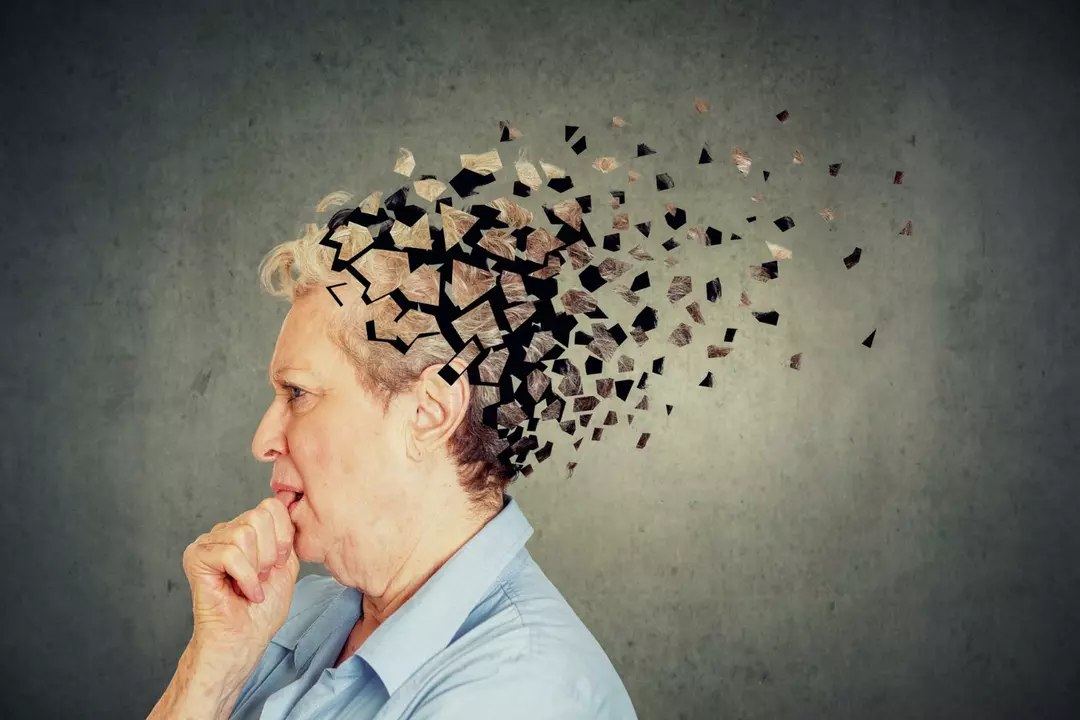Alzheimer-type Dementia: Clear Signs, Diagnosis & Practical Care
Memory lapses that start to interfere with work, driving, or daily routines are not just 'getting older'—they can be early signs of Alzheimer-type dementia. Knowing what to watch for and what to do next makes a big difference for the person affected and for caregivers.
Common early signs: short-term memory loss (forgetting recent events or appointments), repeating questions, trouble finding words, getting lost on familiar routes, and changes in mood or judgment. If these problems start to affect everyday tasks—paying bills, following recipes, managing medications—it's time to get evaluated.
How doctors diagnose it
Diagnosis starts with a medical history and cognitive tests like the MMSE or MoCA to measure thinking skills. Doctors often order blood tests (TSH, vitamin B12, CBC, metabolic panel) to rule out treatable causes. Brain imaging—usually MRI or CT—checks for strokes, tumors, or patterns of shrinkage linked to Alzheimer-type disease. A neurologist or geriatrician can put these results together and recommend next steps.
Expect discussions about behavior, sleep, medications, and mood. Bring a trusted family member to appointments—clinicians rely on close-observer reports to track changes over time. Early diagnosis helps with planning, treating symptoms, and linking to support services.
Treatments that help
Medications can slow symptoms for many people. Cholinesterase inhibitors (donepezil, rivastigmine, galantamine) often help thinking and daily function in early to moderate stages. Memantine is used for moderate to severe stages to stabilize symptoms. These drugs don't cure the disease but can improve quality of life for months to years for some patients.
Non-drug approaches matter too: regular physical activity, structured routines, cognitive stimulation (puzzles, music, meaningful tasks), good sleep, and tight control of blood pressure, blood sugar, and cholesterol. Social contact and purposeful daily activities reduce agitation and withdrawal.
Safety checks are practical: remove loose rugs, lock up hazardous tools and medications, install night lights, and consider a medical alert device if the person wanders. Label cabinets and use calendars and pill organizers to support independence while reducing risk.
Caregiver tips that work: keep routines simple, use calm short instructions, break tasks into steps, and use memory cues (lists, photos). Emphasize what the person still can do instead of what they’ve lost. Schedule regular breaks and get respite help—caregiver burnout is common and avoidable.
Plan early for legal and financial decisions: appoint a power of attorney and talk about advance care preferences while the person can still participate. Join a local support group or trusted online community for practical advice and emotional support.
If you see sudden decline, new confusion, fever, or falls, seek immediate medical care—these can signal infections, medication side effects, or other treatable problems. For ongoing concerns, a memory clinic or specialist referral will connect you to testing, second opinions, and clinical trials when appropriate.
Dealing with Alzheimer-type dementia is hard, but practical steps—early diagnosis, medication when appropriate, safety planning, and caregiver support—make everyday life safer and more meaningful for both the person and their family.

- 17 Comments
In my latest blog post, I've delved into the most recent research on Alzheimer-type dementia, highlighting both the progress and challenges faced in this field. While significant advancements have been made in understanding the disease's underlying mechanisms, we still have a long way to go in terms of developing effective treatments. One major challenge is the complexity of the disease, which involves multiple factors and pathways. However, ongoing research offers hope for future breakthroughs, with promising leads in areas such as early detection and potential interventions. Stay tuned for more updates as we continue to learn and fight against this devastating illness.
